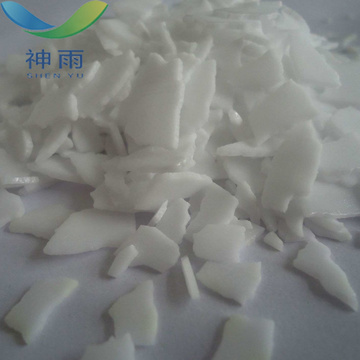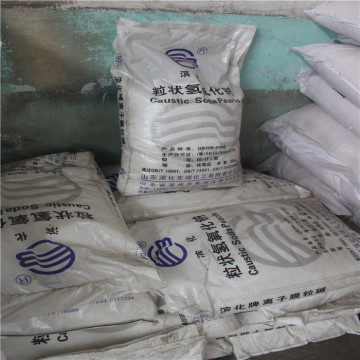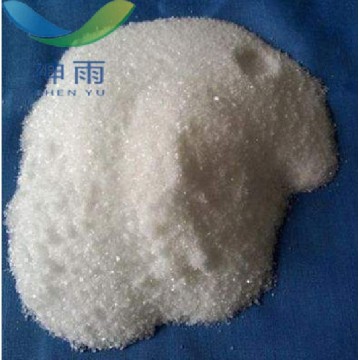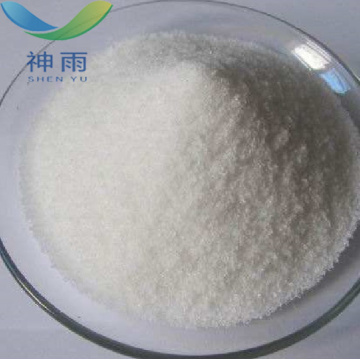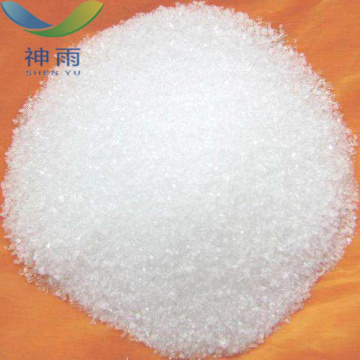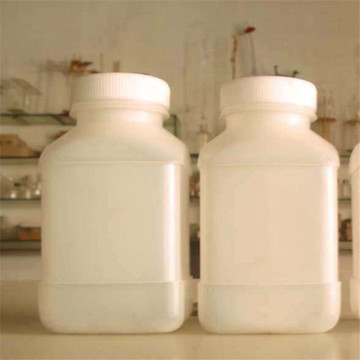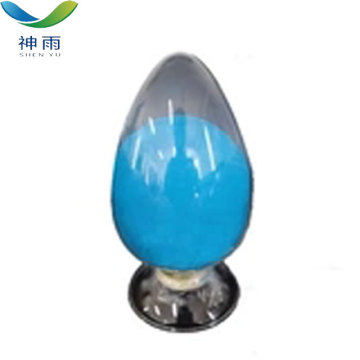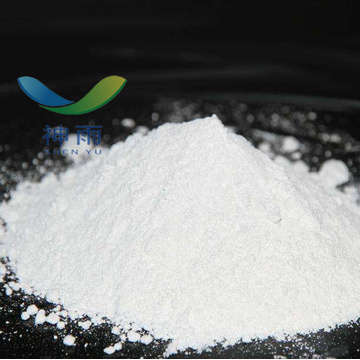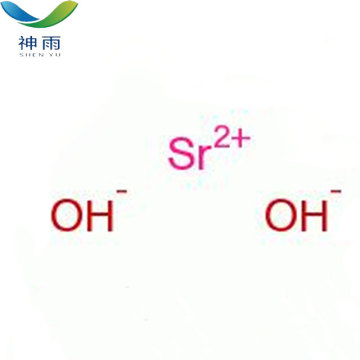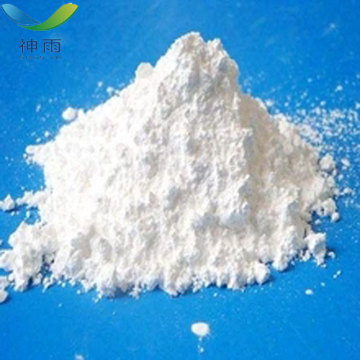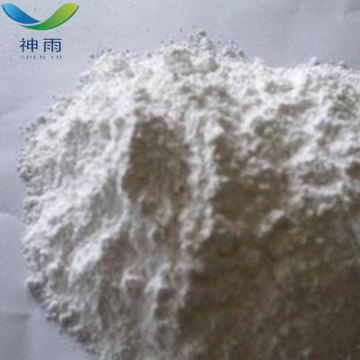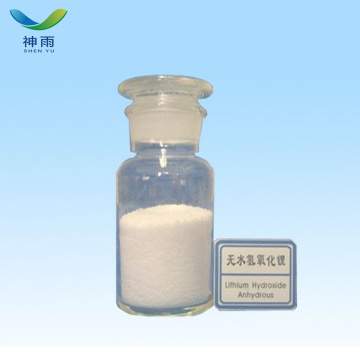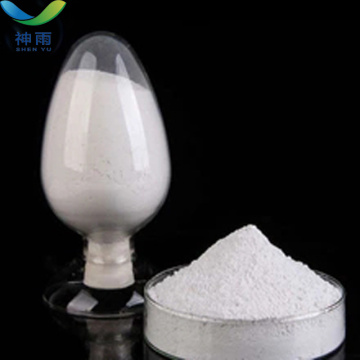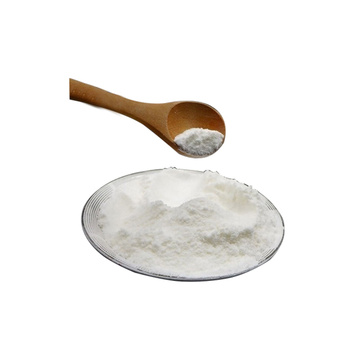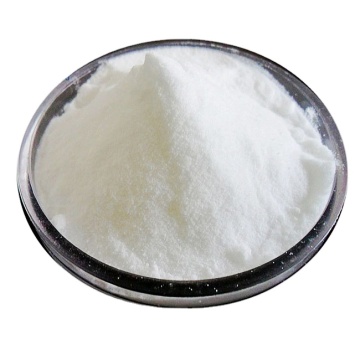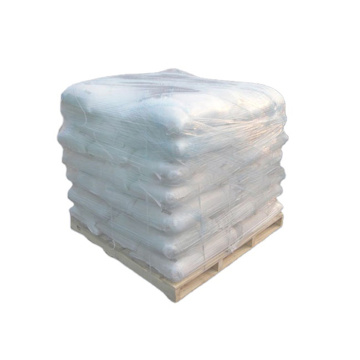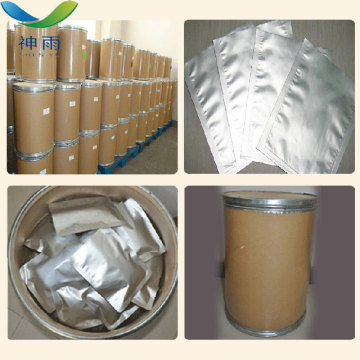Inorganic
Alkali
Inorganic
Alkali is the most productive product in the basic chemical
industry, and inorganic alkali is widely used as basic industrial raw
material.The output and dosage of Inorganic Alkali mark the degree of
industrial development of a country. Inorganic alkali is an industry
with complete scale of enterprises and products in Chinese chemical industry,
which has the most favorable conditions to form socialized mass production. Inorganic
Alkali includes soda and caustic soda, which are closely related to heavy
industries such as iron and steel, non-ferrous metal smelting, papermaking,
glass, textiles, food and other light industrial sectors, as well as scientific
and cultural undertakings, as well as people's lives. It has a prominent position
in the national economy.
Inorganic Alkali is mainly applied in
the 7 fields as below:
1. Inorganic Alkali is used in
papermaking, cellulose pulp production;
2. Inorganic Alkali is used for soap,
synthetic detergents, synthetic fatty acids, and the refining of vegetable and
animal oils.
3. Inorganic Alkali is used for textile
printing and dyeing industry as desizing agent, cooking agent and mercerizing
agent.
4. The chemical
industry use the inorganic alkali to produce borax, sodium cyanide,
formic acid, oxalic acid, phenol and so on.
5. The petroleum
industry use the inorganic alikali in refining petroleum products and in
drilling mud in oil fields. Also use it in the production of alumina, metal
zinc and copper surface treatment and glass, enamel, leather, medicine, dyes
and pesticides.
6. Food-grade products
use the inorganic alikali as acid neutralizer in food industry, as
peaches and citrus peaches, as detergents for containers such as empty bottles
and cans, as well as decolorizers and deodorizers.
7. Inorganic alikali can also be used as alkaline desiccant. Living alkali is widely used in
national economy, and it is needed in many industrial sectors,such as chemical
manufacturing,paper, aluminium, tungsten, rayon, artificial cotton and soap. In
addition, in the production of dyes, plastics, chemicals and organic
intermediates, the regeneration of old rubber, the production of sodium metal,
the electrolysis of water and the production of inorganic salts, the production
of borax, chromate, manganese salt, phosphate and so on also requires a large
number of inorganic alikali.
Inorganic alikali Cautions:
[Storage Notice]
Inorganic alkaline belongs to
corrosion products. Store in a cool, ventilated, dry storeroom with packing
sealed. Pay attention to moisture, rain and sun. Avoid contact with acids. Take
lightly when loading and unloading to prevent package breakage. When there is
fire, please use sand and fire extinguishers


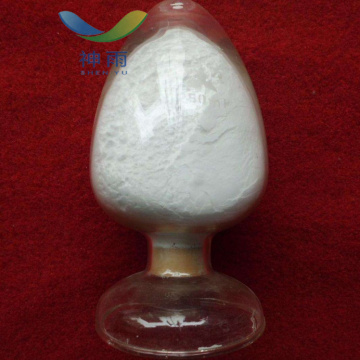
.png) Contact Now
Contact Now
